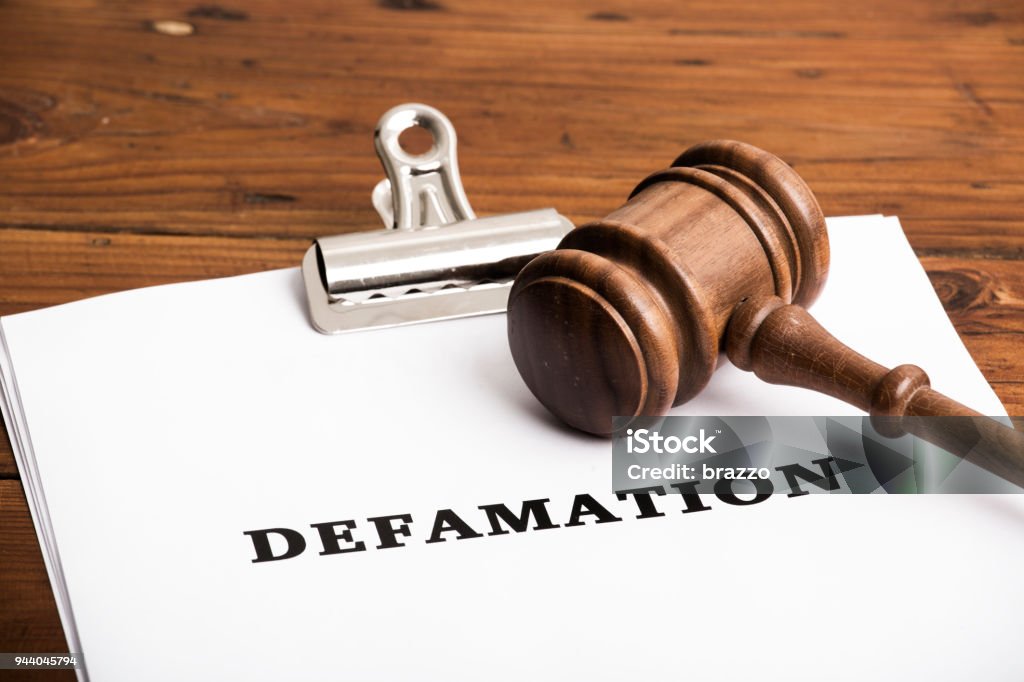This semester in my JMC-1013 course, I have learned a bunch through the many readings that have been part of this class. One topic that I have gained a better understanding of throughout this semester is the media law and ethics issue of defamation. This is a topic that is crucial for journalists and any media professional to navigate responsibly.
Defamation is essentially the spreading of false statements that have the potential to cause harm to the reputation of an individual, company, or entity. There are actually two categories that defamation can be sorted into: libel, and slander. Libel is written or published statements, and slander is spoken statements.
The readings covering media law and ethics that have been provided throughout this course have allowed me to gain a much better understanding of the super fine line between the freedom of speech and the need to protect individuals from false and potentially damaging statements. One ethical challenge in reporting is ensuring that all information is accurate, while still keeping in mind the principles of free expression. Media professionals need to practice their due diligence in fact-checking and verifying information before publishing anything, in order to avoid accidentally spreading defamatory statements.
Public figures like politicians or celebrities are often at more of a risk of their character being defamed, due to the scrutiny that comes with their positions. An example of this is Jim Carrey’s defamation case of 1998. TBS News writes that, “Carrey also sued a magazine in Australia for defamation due to a published article that claimed he had harassed a number of actresses.” This defamation of his character had a great impact on his personal and professional life.
The responsibility of verifying information is especially important today, considering that we are in the age of digital media. Through these digital platforms, information can spread very rapidly and have major consequences.
In conclusion, the readings from this semester have taught me a lot and made me interested in studying many topics further. The study of defamation laws and ethics in the media has shone a light into the complexities of balancing freedom of expression with the responsibility to avoid unjust harm to individuals. Considering that I am going to graduate and be a media professional myself, it is crucial to be aware of these legal and ethical considerations, in order to uphold journalistic integrity.
